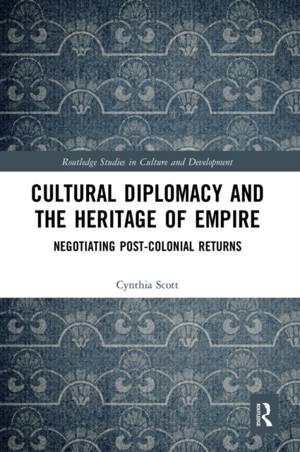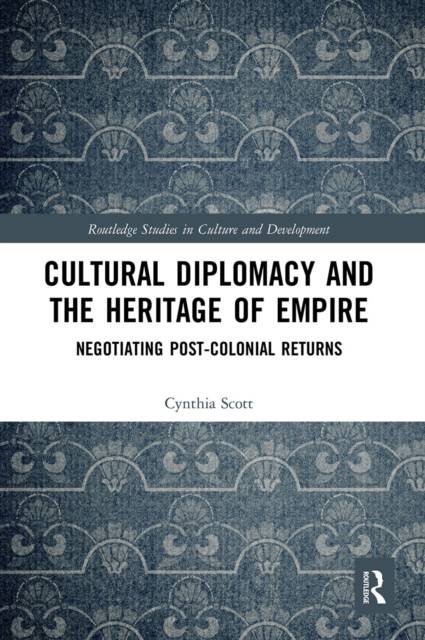
- Afhalen na 1 uur in een winkel met voorraad
- Gratis thuislevering in België vanaf € 30
- Ruim aanbod met 7 miljoen producten
- Afhalen na 1 uur in een winkel met voorraad
- Gratis thuislevering in België vanaf € 30
- Ruim aanbod met 7 miljoen producten
Omschrijving
Considering the danger this precedent posed to other countries, the book looks beyond the Dutch-Indonesian case to the "Elgin (Parthenon) Marbles" and "Benin Bronzes" controversies, as well as recent developments relating to returns in France and the Netherlands. Setting aside the "universalism versus nationalism" debate, Scott asserts that the deeper meaning of post-colonial cultural property disputes in European history has more to do with how officials of former colonial powers negotiated decolonization, while also creating contemporary understandings of their nations' pasts. As a whole, the book expands the field of cultural restitution studies and offers a more nuanced understanding of the connections drawn between postcolonial national identity making and the extension of cultural diplomacy.
Cultural Diplomacy and the Heritage of Empire
offers a new perspective on the international influence of the UNGA and UNESCO on the return debate. As such, the book will be of interest to scholars, students and practitioners engaged in the study of cultural property diplomacy and law, museum and heritage studies, modern European history, post-colonial studies and historical anthropology.Specificaties
Betrokkenen
- Auteur(s):
- Uitgeverij:
Inhoud
- Aantal bladzijden:
- 216
- Taal:
- Engels
- Reeks:
Eigenschappen
- Productcode (EAN):
- 9781032084497
- Verschijningsdatum:
- 30/06/2021
- Uitvoering:
- Paperback
- Formaat:
- Trade paperback (VS)
- Afmetingen:
- 156 mm x 234 mm
- Gewicht:
- 312 g

Alleen bij Standaard Boekhandel
Beoordelingen
We publiceren alleen reviews die voldoen aan de voorwaarden voor reviews. Bekijk onze voorwaarden voor reviews.











